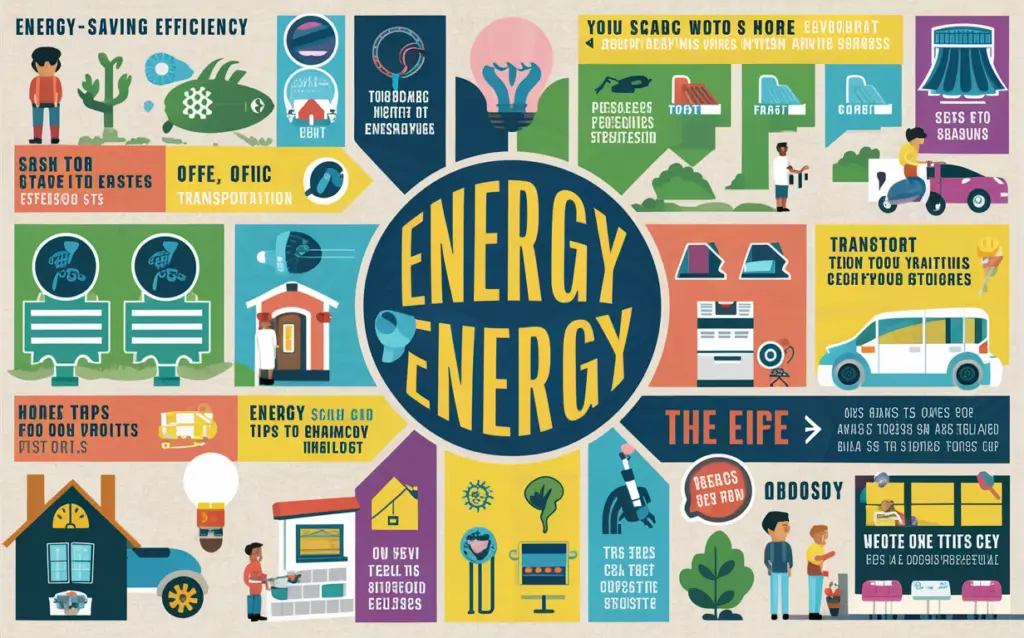Cloud integration into existing systems: Efficient connection of cloud services
Cloud integration refers to the process of networking various cloud-based applications, services and platforms to enable efficient and seamless utilisation of data and resources. This process includes both the connection of local systems with cloud services and the integration of various cloud services with each other. Cloud integration enables companies to optimise their IT infrastructure, improve scalability and increase their flexibility. It enables access to a variety of resources and functions from different providers without having to [...]
Cloud integration into existing systems: Efficient connection of cloud services Read more »

















